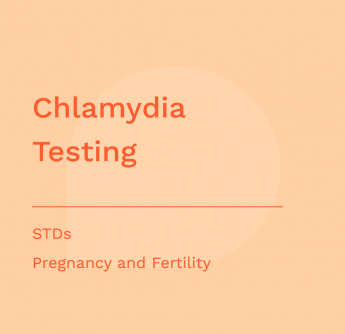Thyroid function tests can help detect thyroid gland disorders like hypothyroidism.
Allergy tests help determine if you are allergic to specific substances, called allergens.
STD tests are used to screen for and diagnose specific sexually transmitted diseases.



This form enables patients to ask specific questions about lab tests. Your questions will be answered by a laboratory scientist as part of a voluntary service provided by one of our partners, American Society for Clinical Laboratory Science. Please allow 2-3 business days for an email response from one of the volunteers on the Consumer Information Response Team.
Send Us Your Question